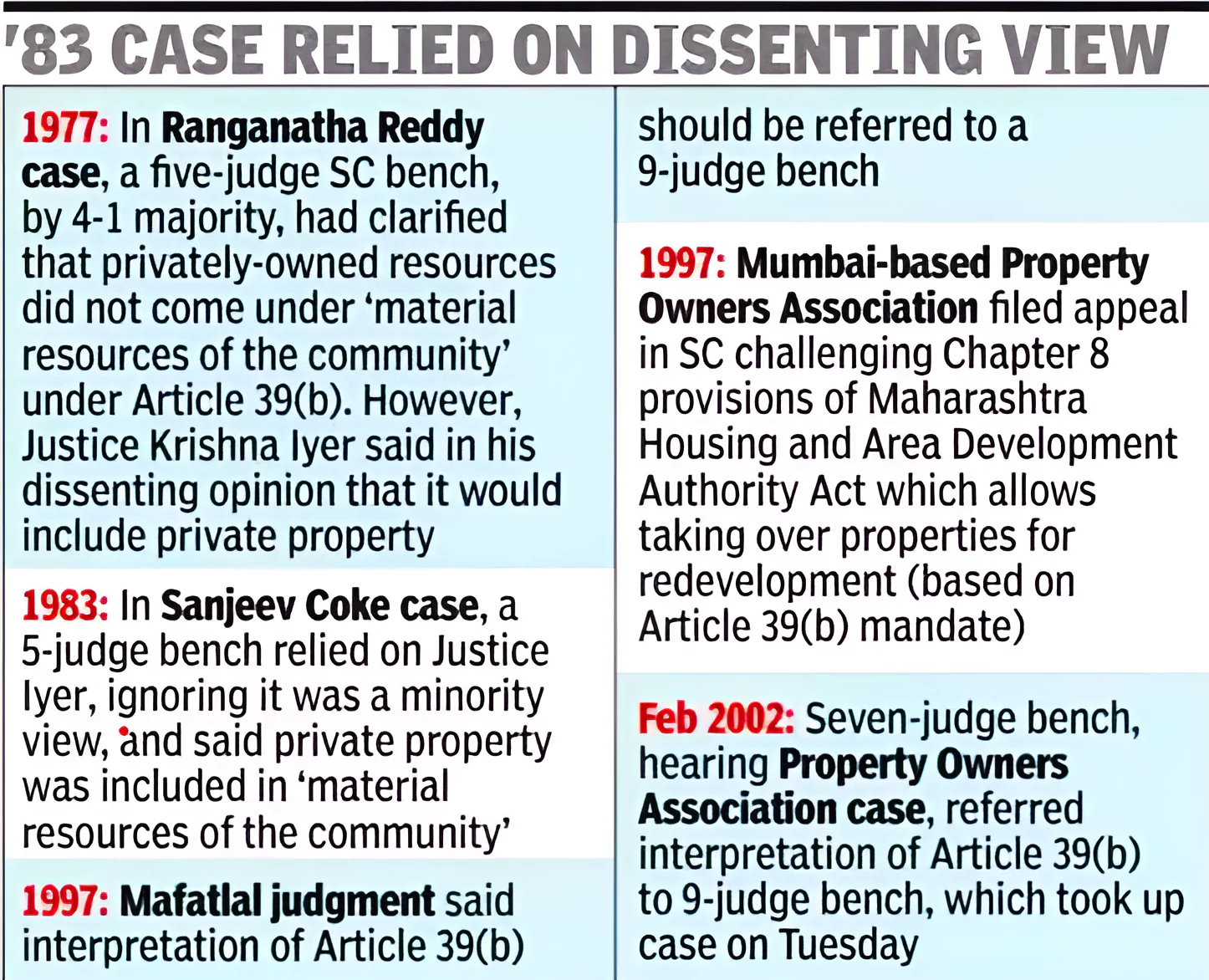The recent victory of Maldives President Moḥammad Muizzu’s party, the PNC, in the parliamentary elections carries significant implications.
| Relevance For Prelims: Strategic Significance Of Mauritius And Maldives, China Maldives Defence Agreement, Strains In India Maldives Relations: A Brief Analysis, and Maldives Allows Chinese Ship To Dock.
Relevance For Mains: India-Maldives Ties, and India’s Neighbourhood First Policy. |
|---|

Recognizing and tackling existing bilateral challenges will enable India and the Maldives to navigate the intricacies of their relationship, fostering a more robust, resilient, and mutually advantageous partnership for the future.
| Mains Question: India should not be deterred by temporary setbacks in its relationship with Maldives and continue to pursue close relations with its island neighbor. Analyse. (15 Marks, 250 words) |
|---|
| Must Read | |
| NCERT Notes For UPSC | UPSC Daily Current Affairs |
| UPSC Blogs | UPSC Daily Editorials |
| Daily Current Affairs Quiz | Daily Main Answer Writing |
| UPSC Mains Previous Year Papers | UPSC Test Series 2024 |
The Green Credit Programme has raised concerns from experts due to their potential adverse impact on forest ecology.
| Relevance For Prelims: Green Credit Programme (GCP), Forests In India, Amendment To The Forest Conservation Act 2023, Compensatory Afforestation Fund Management and Planning Authority,Indian Council of Forestry Research and Education (ICFRE), and Forests a National Asset and a Major Contributor to Financial Wealth.
Relevance For Mains: Carbon Credit, Issues with Green credit Programme. |
|---|
Concerns regarding monoculture, biodiversity loss, and clashes with existing laws underscore the need for careful execution of Green Credit Programme while ensuring regulatory alignment.
| Must Read | |
| NCERT Notes For UPSC | UPSC Daily Current Affairs |
| UPSC Blogs | UPSC Daily Editorials |
| Daily Current Affairs Quiz | Daily Main Answer Writing |
| UPSC Mains Previous Year Papers | UPSC Test Series 2024 |
The Supreme Court is hearing the question whether ‘material resources of the community’ includes privately owned resources in its ambit under Article 39(b) of the Constitution.
| Relevance For Prelims: Land Acquisition In India, Indian Constitution, Right to Property, FUNDAMENTAL RIGHTS, Redistribute Privately Owned Property, Directive Principles Of State Policy.
Relevance For Mains: Conflict between Fundamental Rights and DPSP, Supreme court judgements on Private Property. |
|---|

The result of this hearing has the potential to redefine the extent of governmental authority over private property in India, especially concerning the distribution of wealth for public welfare. This ruling will draw upon years of legal analysis and could have implications for property rights and social policies in the future.
| Must Read | |
| NCERT Notes For UPSC | UPSC Daily Current Affairs |
| UPSC Blogs | UPSC Daily Editorials |
| Daily Current Affairs Quiz | Daily Main Answer Writing |
| UPSC Mains Previous Year Papers | UPSC Test Series 2024 |
<div class="new-fform">
</div>
